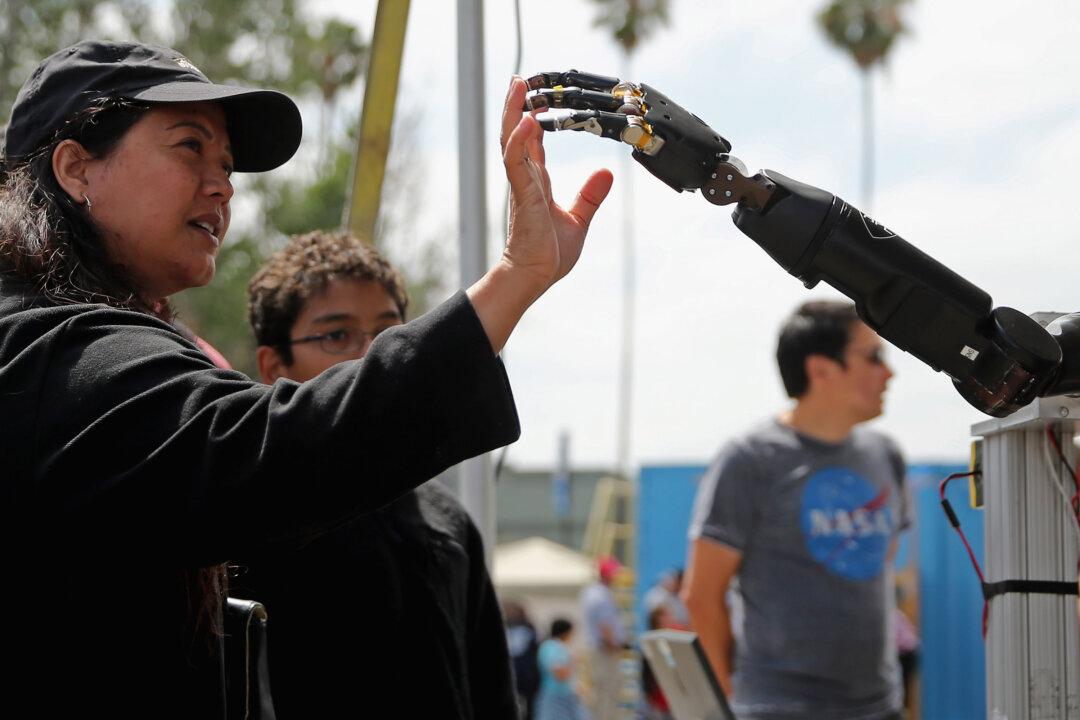A former cybersecurity official at the Pentagon has clarified comments he made about China’s artificial intelligence during an interview with the Financial Times, denying that he told the publication the United States had “lost its AI fight to China.”
Nicolas Chaillan resigned from his role at the Department of Defense early in September, which he said was in protest over the slow pace of technological transformation in the United States’ military, and “because he could not stand to watch China overtake America,” the FT reported.




